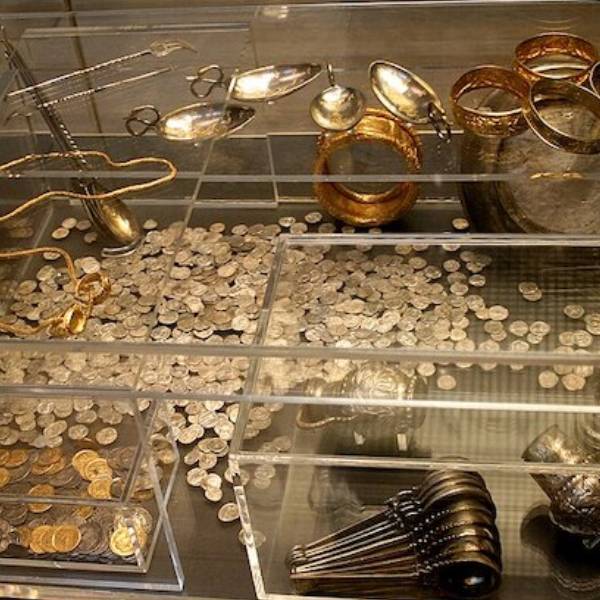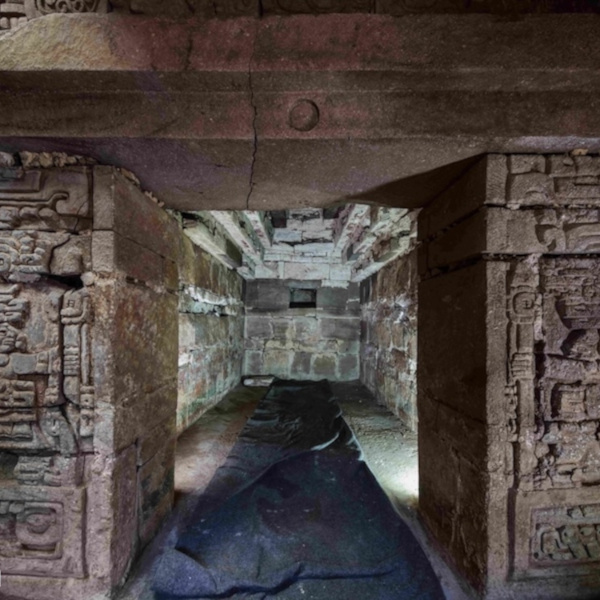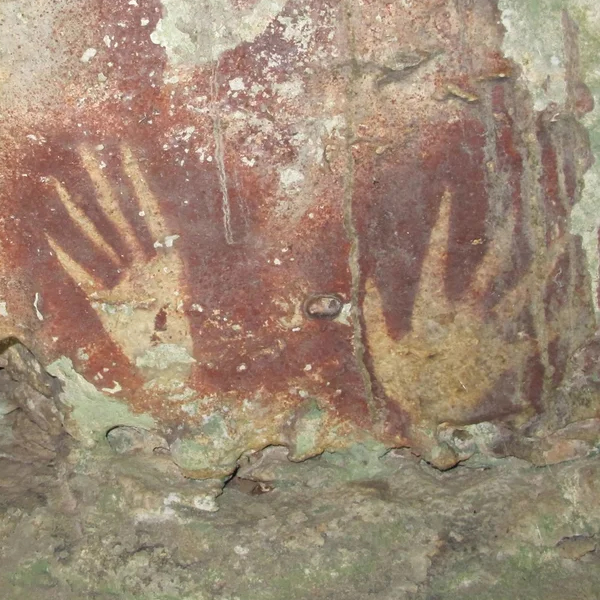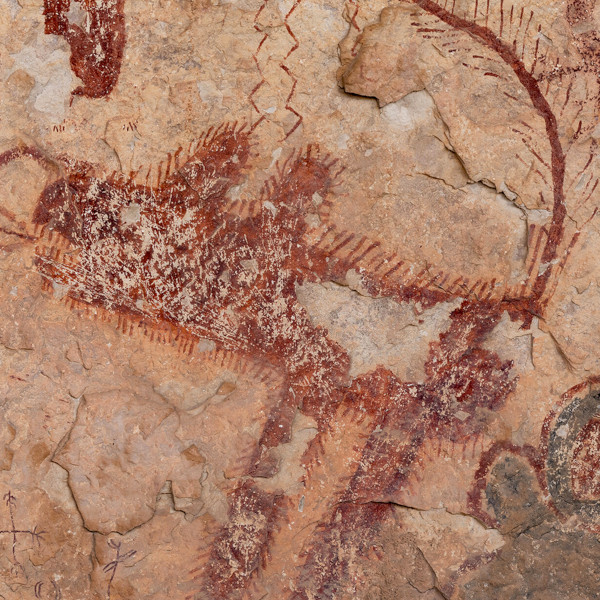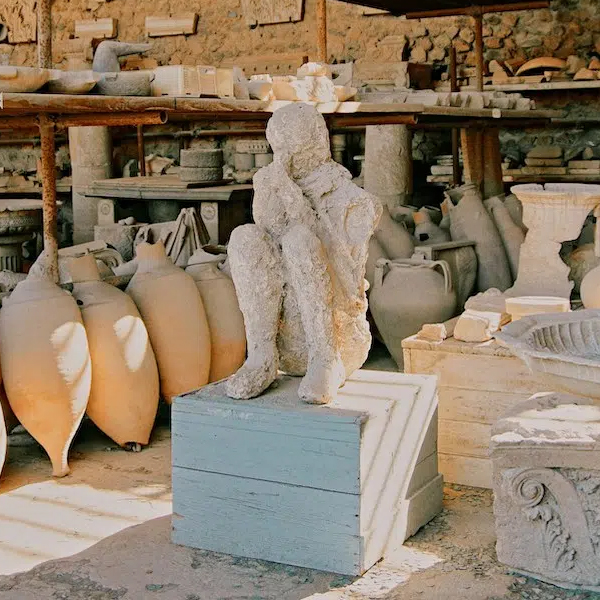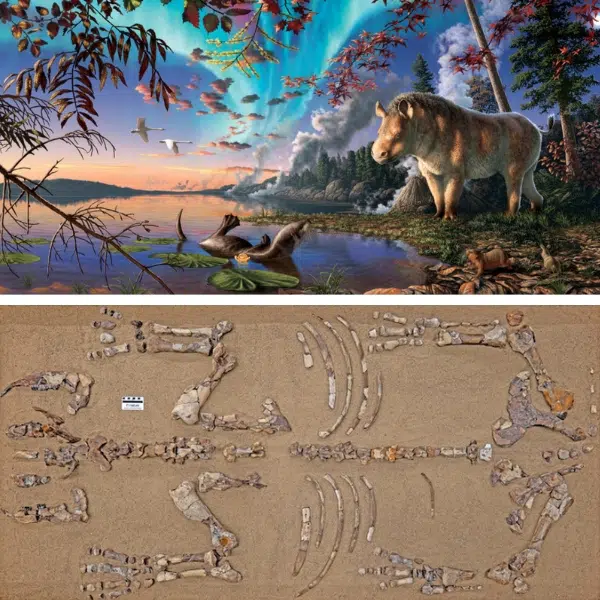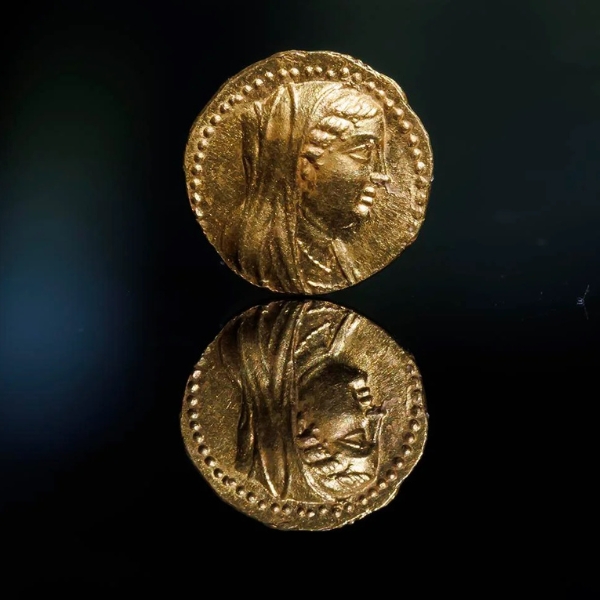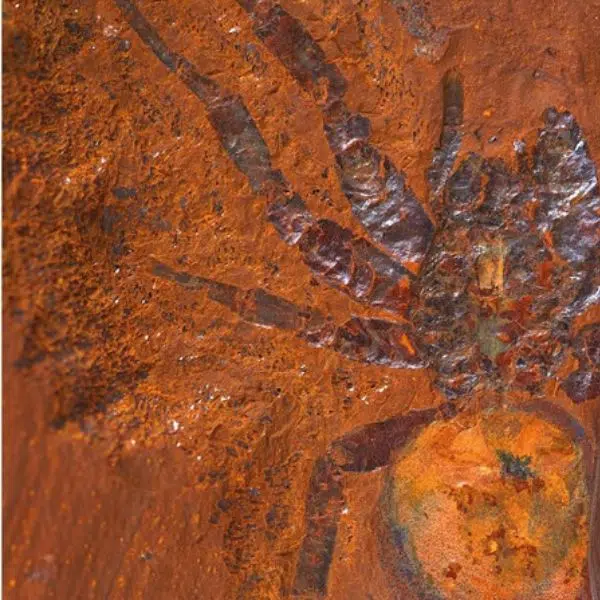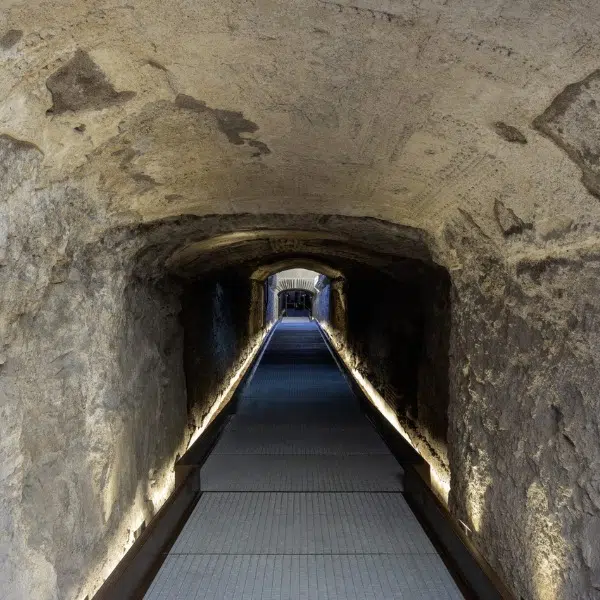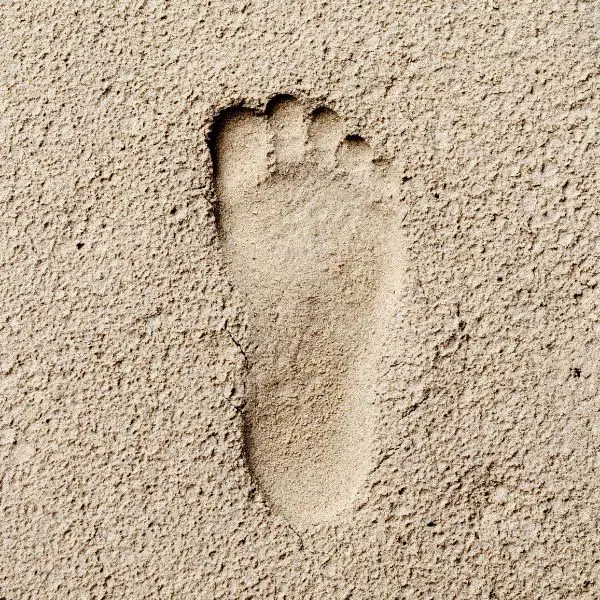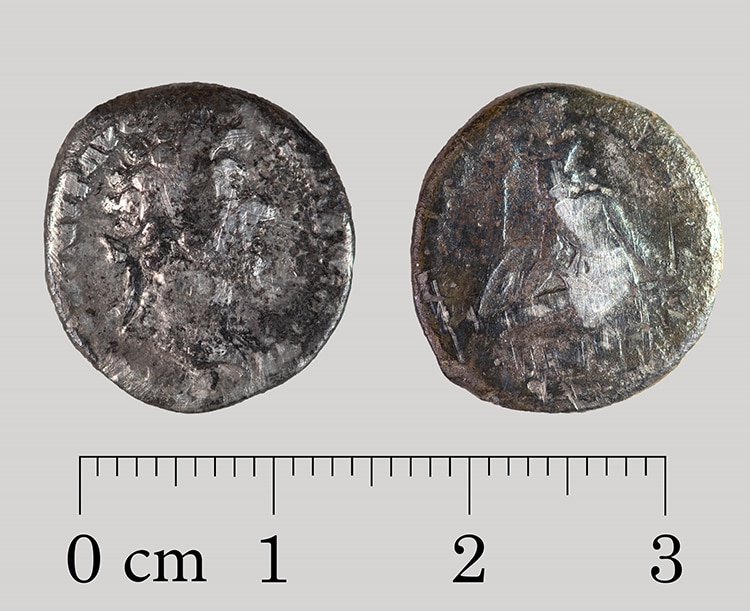
The silver denarius discovered in Bremen, Germany. (Photo: Kulturresort/Bremen Culture Department)
Roman coins are usually found by archeologists throughout Europe; however, they are more rare in some locations. For example, in the city of Bremen, Germany, Roman coins are exceedingly rare. That is because the ancient empire, while massive, only reached into lower Germany rather than as far northwest as Bremen. As a result, until a recent discovery, only two remarkable Roman coins had been uncovered in the city. But the play and curiosity of an 8-year-old boy named Bjarne added one more exceptional find to this short list. While playing in a sandbox at his school, Bjarne discovered a second-century CE silver denarius dating to the reign of Marcus Aurelius.
Bjarne, who is now 9, found a silvery object in the sand and took it home. His parents sent an image of the find to archeologists, who upon closer physical inspection of the object determined it was a Roman coin dating back more than 1,800 years. “We are glad that Bjarne was so careful,” declared archeologist Uta Halle in a statement from the government in Bremen. “[This is] very special, because there have only been two comparable coin finds from the Roman Empire in the city of Bremen.” The two other finds occurred in the 20th century. This particular coin dates to the second-century reign of Marcus Aurelius. As with other coins of this specific time period, the coin is quite light in silver due to “coin deterioration” as inflation soared. It likely ended up in Bremen, outside the empire, either by human trade or natural movement of rivers.
The coin, as an important historic find, belongs to the government. It may in future go on display at the Focke Museum. The local government in a statement applauded Bjarne for his “alertness and curiosity.” He was given archeology books to nurture a passion for future discovery. The young amateur archeologist generously wants to share his find with the world. He told Newsweek, “The coin goes to the Focke Museum. It can stay there—and I can look at it at any time. And others can too.”
A 8-year-old boy in Bremen, Germany, was playing in a sandbox when he discovered a Roman coin from over 1,800 years ago.
Related Articles:
Incredibly Rare Ceramic Head Helps Uncover Previously Unknown Roman Settlement in Britain
17th-Century Silver Thimble With Romantic Inscription Is Discovered in Wales
New Well-Preserved Paintings Discovered at Pompeii Amid Ongoing Excavations
Water Worker Accidentally Discovers 2,500-Year-Old Gold Torc Necklaces in Spain











































































